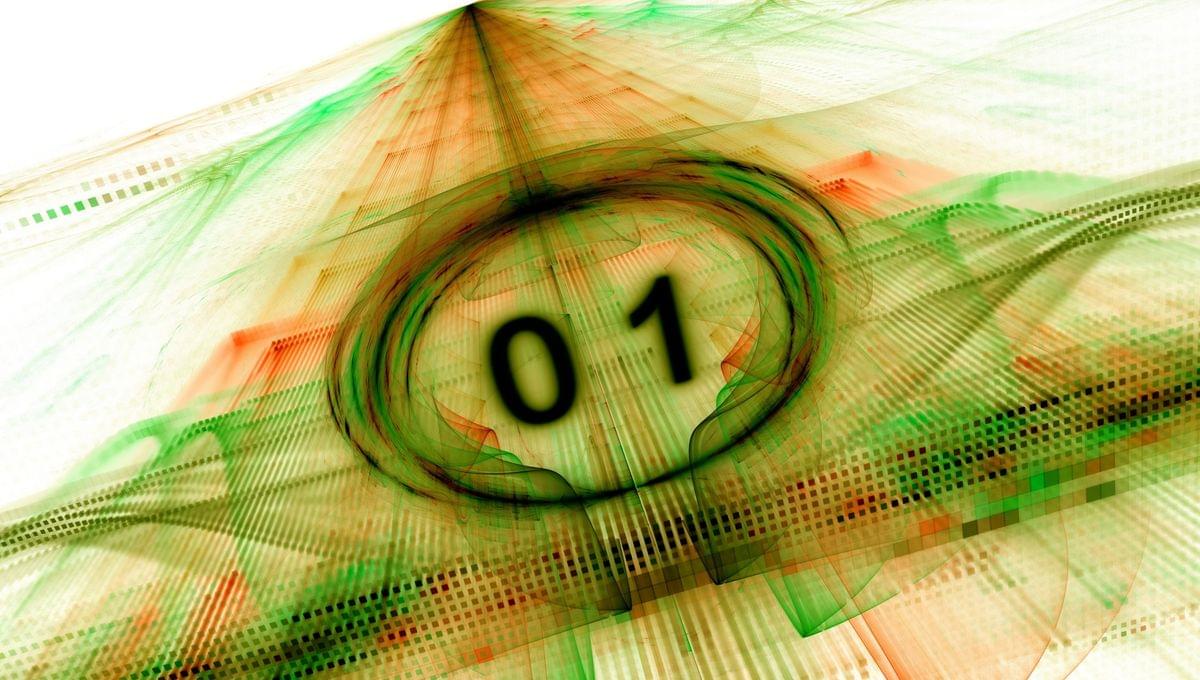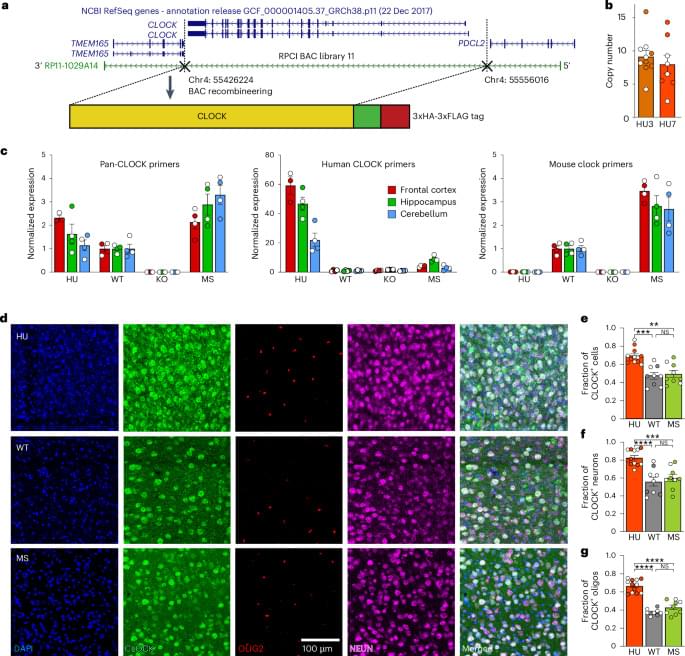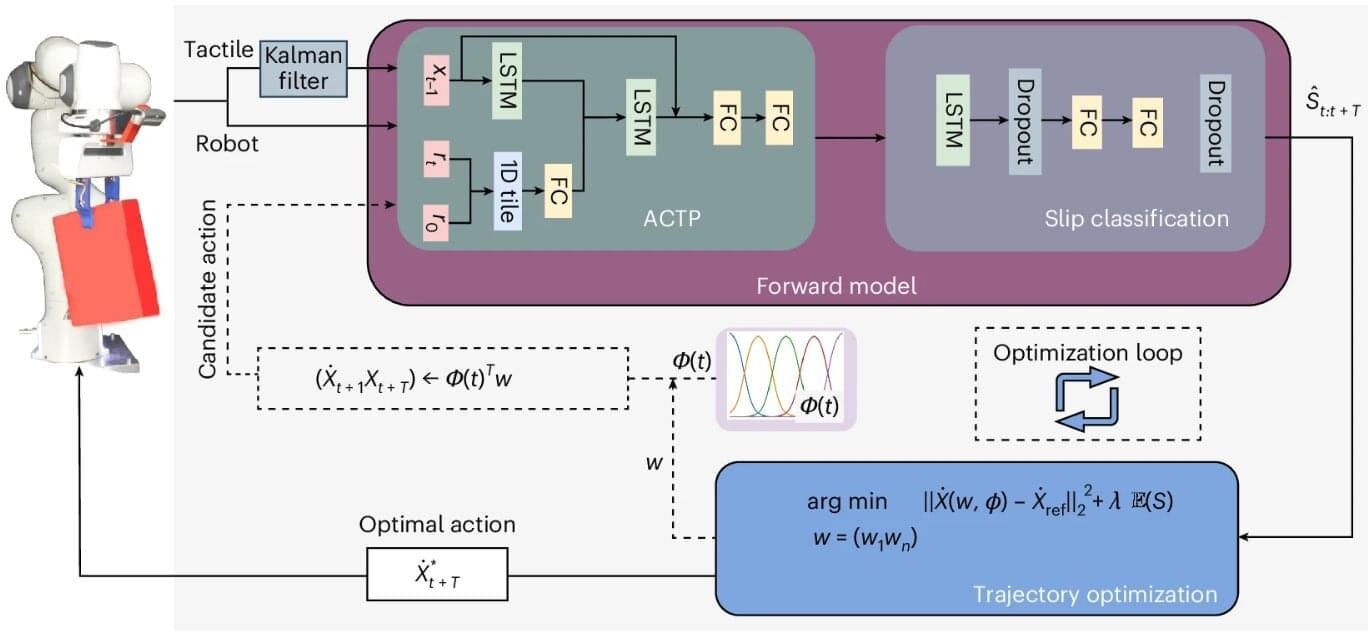The material reminds us of wattle and daub, a home building material harking back 6,000 years.
Get the latest international news and world events from around the world.
104 Quasi-Stellar Objects Studied Using Telescope Reveal Stunning Details
A group of astronomers, led by researchers at Rhodes University, has analyzed 104 quasars through the MIGHTEE survey, a large-scale project using South Africa’s MeerKAT radio telescope.



Human CLOCK enhances neocortical function
Regulation of gene expression is a facet of human brain specialization. Here, the authors show that human-like expression of the CLOCK gene in the mouse neocortex enhances cognitive flexibility and neural connectivity, suggesting an evolutionary gain of function that may have contributed to human cognitive specialization.


This MIT spinout’s electric bricks store heat hotter than lava
MIT spinout Electrified Thermal Solutions has inked a deal with HWI, a member of Calderys and one of the biggest refractory suppliers in the US, to make electrically conductive firebricks – electric bricks, or E-bricks – that store and deliver extreme heat using renewable electricity.
The innovative partnership is all about scaling up Electrified Thermal’s Joule Hive Thermal Battery, which conducts clean power and stores it as heat up to a scorching 1,800C (3,275F). That’s hot enough to drive even the most energy-hungry industrial processes like steelmaking, glass, or cement production.
The E-bricks enable factories to ditch fossil fuels and run on renewables without sacrificing performance or reliability, and at a lower cost.

Innovative robotic slip-prevention method could bring human-like dexterity to industrial automation
A new slip-prevention method has been shown to improve how robots grip and handle fragile, slippery or asymmetric objects, according to a University of Surrey–led study published in Nature Machine Intelligence. The innovation could pave the way for safer, more reliable automation across industries ranging from manufacturing to health care.
In the study, researchers from Surrey’s School of Computer Science and Electronic Engineering demonstrated how their approach allows robots to predict when an object might slip—and adapt their movements in real-time to prevent it.
Similar to the way humans naturally adjust their motions, this bio-inspired method outperforms traditional grip-force strategies by allowing robots to move more intelligently and maintain a secure hold without simply squeezing harder.

AI kills for the first time. Leak shows why “we are near the end” — Hinton
If you create something that mimics you be aware that it will try to self-preserve when it sees you as a treath.
Enjoy the videos and music that you love, upload original content and share it all with friends, family and the world on YouTube.